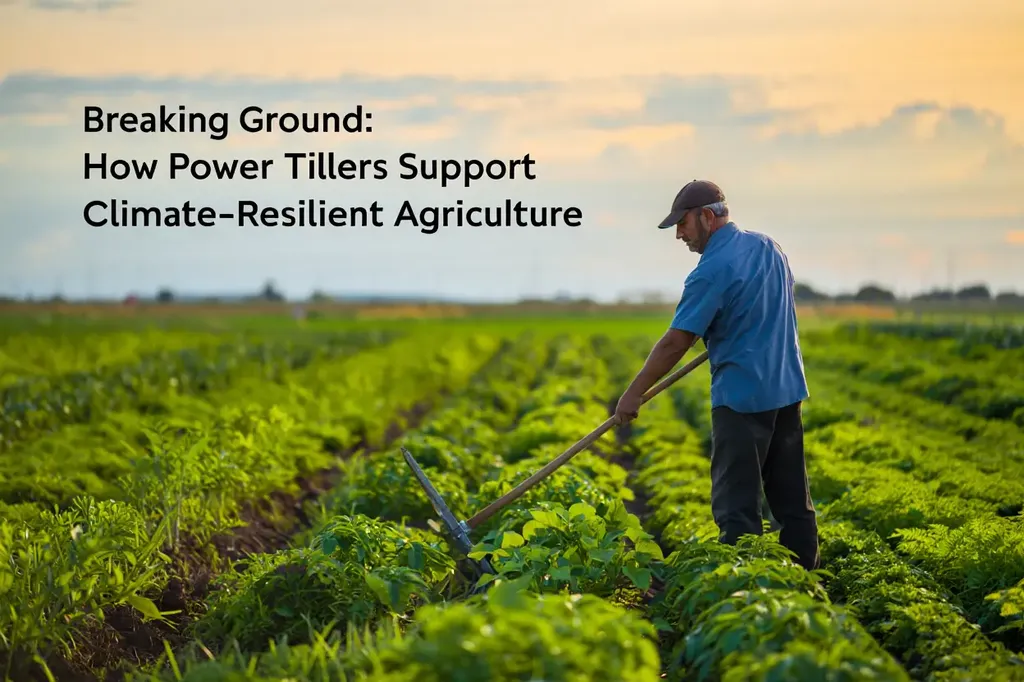In the quest to feed a growing global population, agricultural scientists have long focused on developing high-yielding crop varieties tailored for optimal or high-input conditions. While this approach has significantly boosted food production, it has left a critical gap: crops that thrive under low-input and adverse conditions. A recent study published in the *International Journal of Bio-Resource and Stress Management* sheds light on this pressing issue, offering a viable strategy for improving crop productivity under sustainable agriculture.
The research, led by Ratikanta Maiti from Universidad de las Américas in Mexico, highlights a stark reality: the best-performing crop varieties under high-input conditions often fail miserably when faced with the challenges of low-input and adverse agricultural environments. “The best varieties that give good yield under high input condition often fail miserably under low input conditions,” Maiti notes, underscoring the need for a paradigm shift in crop breeding programs.
The study points out that a significant portion of the world’s arable land—one-fifth—is arid and semi-arid, while two-thirds of it is saline. These harsh conditions severely affect crop productivity, posing a substantial challenge to global food security. Traditional breeding programs have largely overlooked these environments, focusing instead on maximizing yields in favorable conditions.
Maiti’s research suggests that developing genotypes capable of producing good harvests under low-input and adverse conditions is not just a scientific challenge but a commercial opportunity. By investing in breeding programs that prioritize resilience and adaptability, the agricultural sector can tap into previously underutilized lands, thereby expanding the global food supply.
The commercial impacts of this research are profound. Farmers in arid and semi-arid regions, often marginalized by the current agricultural system, could benefit from crops that are better suited to their environments. This could lead to increased productivity, improved livelihoods, and greater food security in these regions. Moreover, the development of stress-resistant crop varieties could reduce the need for costly inputs such as fertilizers and pesticides, making agriculture more sustainable and economically viable.
The study also opens up new avenues for research and development in the agritech sector. By focusing on the genetic traits that confer resilience to adverse conditions, scientists can develop new breeding techniques and technologies that cater to the needs of low-input agriculture. This could spur innovation in seed technology, precision agriculture, and sustainable farming practices.
In the long term, this research could shape the future of agriculture by promoting a more inclusive and sustainable approach to food production. By prioritizing the development of crops that can thrive in challenging environments, the agricultural sector can address the needs of a growing population while minimizing the environmental impact of farming.
As the global community grapples with the challenges of climate change and food security, the insights from Maiti’s research offer a beacon of hope. By embracing a more holistic approach to crop breeding, the agricultural sector can pave the way for a more resilient and sustainable future.

